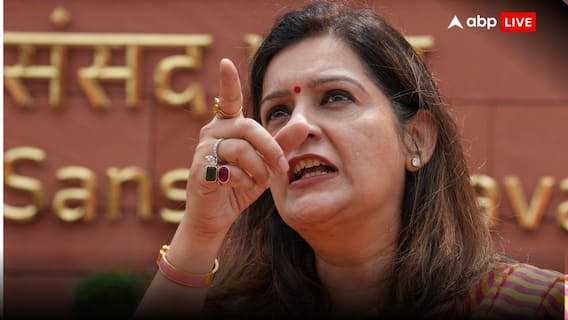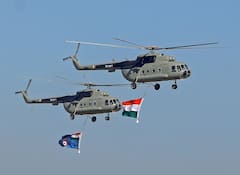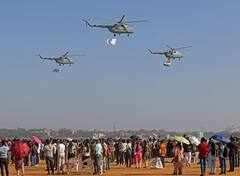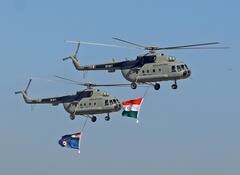India's Oil Imports From Russia Top 1 Million Barrels Per Day In December, Makes Up For 25% Of All Oil Import
India's crude oil import from Russia touched 1 million barrels per day in December 2022, and Moscow sustained its position as top oil supper for the third month in a row, according to Vortexa

India's crude oil import from Russia continued to surge to touch 1 million barrels per day in December 2022, and Moscow sustained its position as top oil supper for the third month in a row, according to data from energy cargo tracker Vortexa.
In October last year, Russia for the first time surpassed traditional sellers Iraq and Saudi Arabia to clinch the number 1 spot, and now makes up for 25 per cent of all oil imported by India.
Earlier Russia, which accounted for just 0.2 per cent of all crude oil India imported in the year to March 31, 2022, supplied 1.19 million bpd in December. The crude import in December was higher than 909,403 bpd crude oil imported in November and 935,556 bpd in October 2022. The previous record for most crude oil imports from Russia was in June 2022 when India bought 942,694 bpd, according to Vortexa, reported news agency PTI.
ALSO READ: Cryptos Are Nothing But Gambling, Their Value Only Make-Believe: RBI Governor (abplive.com)
How did Russia become India’s top oil supplier?
The imports peaked as a price cap was agreed upon by the EU on Russian seaborne oil. Russian oil is available at much lower than $l at refineries. India imported 803,228 bpd of oil from Iraq in December and 718,357 bpd from Saudi Arabia, according to the energy intelligence firm. The United Arab Emirates overtook the US to become India's fourth largest supplier, selling 323,811 bpd oil in December 2022. The United States supplied 322,015 bpd, down from 405,525 bpd in November 2022.
India's import from Russian surged since it started trading on discount after the West imposed sanction to punish Moscow for its invasion of Ukraine.
India is aiming to pursue an oil import policy that will witness robust inflows from both the US and Russia in the foreseeable future, while stepping up efforts to diversify the crude basket even further to cushion the impact of any supply shock going ahead, said S&P Global Commodity Insights.
"Although the Russia-Ukraine war has given an opportunity to the country's refiners to bring in plentiful volumes of crude at discounted rates from the largest non-OPEC supplier, but that has not led to a fall in market share of the US, as India looks to bolster its energy ties with Washington," it said.
The government has been strongly defending trade tied with Russia citing it has to source oil from where it is the cheapest. Earlier, the Centre indicated that oil companies will continue to buy oil from Russia outside the price cap. External Affairs Minister S Jaishankar said Indian refiners will continue to look for the best deals in the interest of the country.
Before the Russia-Ukraine conflict began, more than 60 per cent of the Indian crude basket was made up of Middle Eastern crudes, with the remaining comprising of North American crudes at around 14 per cent, West African crudes at around 12 per cent, and Latin American crudes at around 5 per cent, with Russian grades accounting for only about 2 per cent.
Since the war began, West African crudes have become more expensive for Indian refiners because they are mostly Brent-linked and are being pulled in by European refineries that are running low on Russian crudes.
Trending News
Top Headlines











































